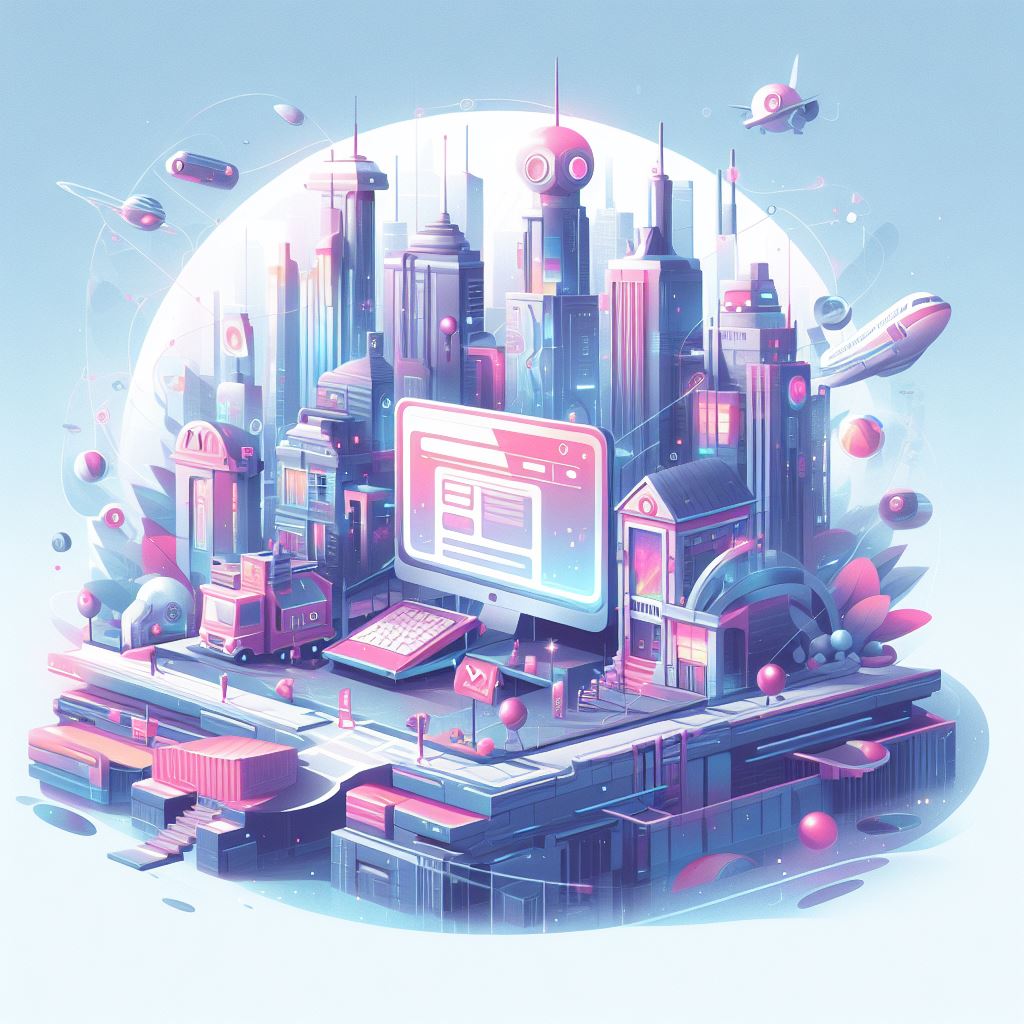The internet has undergone significant evolution over the past few decades, transforming from a static web of interconnected pages into a dynamic platform for communication, commerce, and entertainment. Web3, representing the next generation of the internet, stands poised to revolutionize the way we engage with the digital realm.
Web3 is underpinned by the principles of decentralization, openness, and security, harnessing the power of blockchain technology. This technology enables users to engage directly with one another and with smart contracts, eliminating the need for intermediaries. The potential of this new paradigm is to create a more equitable and inclusive internet where users exert more control over their data and privacy.
Want to know more about our Tech Solutions? Visit us at www.nesesho.com
Distinguishing Web3 from the traditional web, several critical distinctions emerge
Centralization vs. decentralization: The traditional web is characterized by centralization, with a limited number of major corporations exercising control over most key platforms. In contrast, Web3 is decentralized, lacking a single controlling entity.
Openness vs. closedness: The traditional web tends to be closed, with platforms dictating which applications and services can be accessed. Conversely, Web3 is open, allowing anyone to create and deploy applications and services.
Data ownership vs. data silos: On the traditional web, users’ data is owned and managed by the platforms they utilize. In Web3, users have ownership of their data and the ability to determine its use.
Security vs. privacy: The traditional web is susceptible to security breaches and privacy infringements, while Web3 is engineered to be more secure and private, affording users greater control over their data.
Web3 offers a range of potential advantages compared to the traditional web
Greater transparency and accountability: Web3 applications and services are built on blockchain technology, which offers transparency and immutability. This empowers users to track how their data is utilized and by whom.
More competition and innovation: The decentralized nature of Web3 nurtures competition and innovation, enabling anyone to create and deploy applications and services, fostering a more diverse and dynamic ecosystem.
More user control and ownership: Web3 grants users ownership of their data, permitting them to determine its usage. This increased control enhances users’ online experience and privacy.
However, Web3 is still in its nascent stages of development, with various challenges to overcome:
Scalability: Blockchain networks presently face scalability limitations, hampering their ability to manage the volume of transactions necessary for widespread Web3 adoption.
Usability: Web3 applications and services can be intricate and challenging to use, presenting a hurdle for users unfamiliar with blockchain technology.
Regulation: Currently, there exists no clear regulatory framework for Web3, which could introduce uncertainty for businesses and investors.
In conclusion, Web3 possesses the potential to transform the way we interact with the internet. It represents a more decentralized, open, secure, and private platform with numerous potential benefits over the traditional web. Nonetheless, Web3 remains in its early development stages, and addressing various challenges is imperative for it to realize its full potential.
Additional Thoughts
Web3 is a nascent concept, yet its potential to disrupt a wide range of industries is undeniably exciting. It could revolutionize banking, shopping, and media consumption, and foster new opportunities for social interaction and collaboration.
One of the most promising aspects of Web3 is its potential to create a more inclusive and equitable Internet. Everyone, regardless of background or location, has the opportunity to participate and contribute, fostering a diverse and vibrant online community.
However, it’s essential to exercise vigilance regarding security and privacy, even on Web3 platforms, and be mindful of potential scams and fraud.
In sum, Web3 is a promising technology with the potential to revolutionize our online interactions. Keeping a close watch on its ongoing development and evolution is imperative.
Want to know more about our Tech Solutions? Visit us at www.nesesho.com



